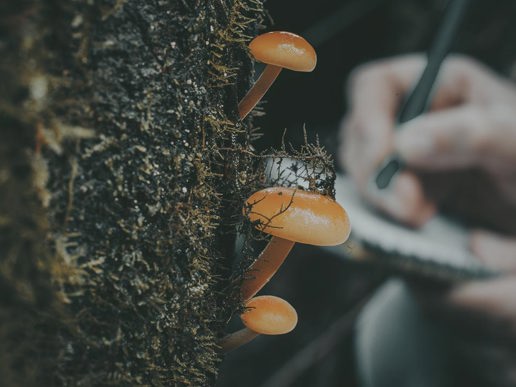National Badger Day at Wildfell

National Badger Day by the Badger Trust this year is encouraging you to "learn to make space for Badgers", Britain’s iconic and ecologically important native mammal.
To celebrate National Badger Day, our ecology team has shared a badger update from our Wildfell Centre for Environmental Recovery, and why badgers are important for a healthy ecosystem.
What have we been doing at Wildfell?
Our ecology team has been surveying the resident badger population at Wildfell since 2021, using various methods including camera traps and badger bait marking surveys.
This effort has identified six main setts and a number of smaller annex and outlier setts, the main setts are used for breeding and containing several nesting chambers used in rotation. The camera traps have captured evidence of breeding at Wildfell with cubs seen venturing outside the sett.
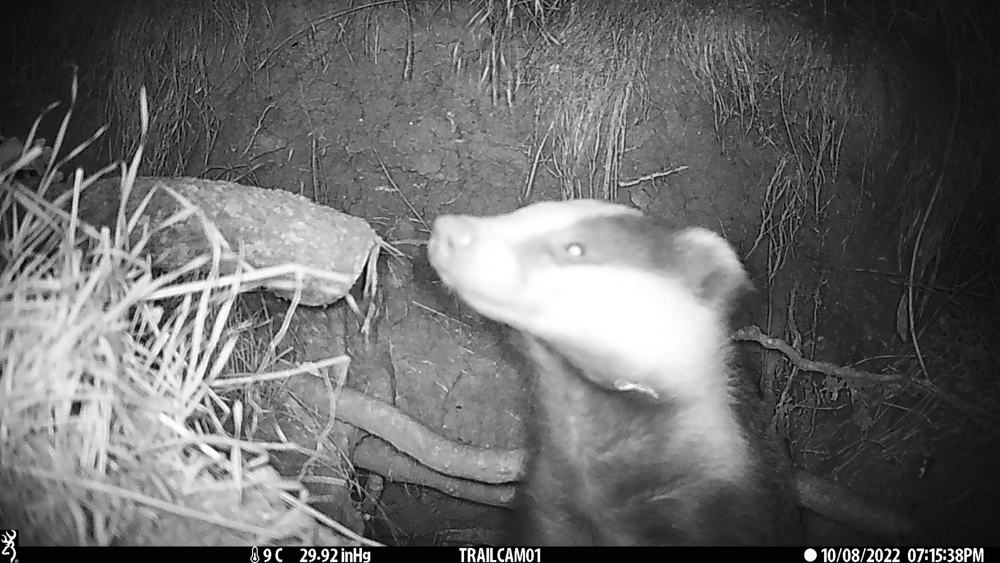
Why are we doing it?
Badgers are legally protected under the Protection of Badgers Act 1992 and the Wildlife and Countryside Act, 1981. Therefore, it is illegal to willfully kill, injure, take, possess, or cruelly ill-treat a badger, or attempt to do so. It is also illegal to interfere with a badger sett intentionally or recklessly by damaging or destroying it; to obstruct access, or any entrance of, a badger sett and to disturb a badger when it is occupying a sett.
- This level of protection has helped the UK population to grow, roughly doubling since the 1980s as well as protecting them from illegal persecution.
Our ecology team is actively using the information captured during the surveys to understand and map how the badgers interact and use the site. This information has helped us safeguard the welfare of our badgers and minimise disturbance to this protected species during the ongoing biodiversity work at Wildfell.
Why are badgers important?
Badgers are the UK’s largest land predator feeding on small mammals, birds’ eggs, worms, fruit, and plants.
Badgers maintain and regenerate soil health through foraging and sett building, and they help to disperse seeds through their dung. They create new habitats for amphibians, invertebrates and pollinators, small mammals, plants, and fungi, and their setts provide refuge for other wildlife too.
All of the above are vital for healthy ecosystems.
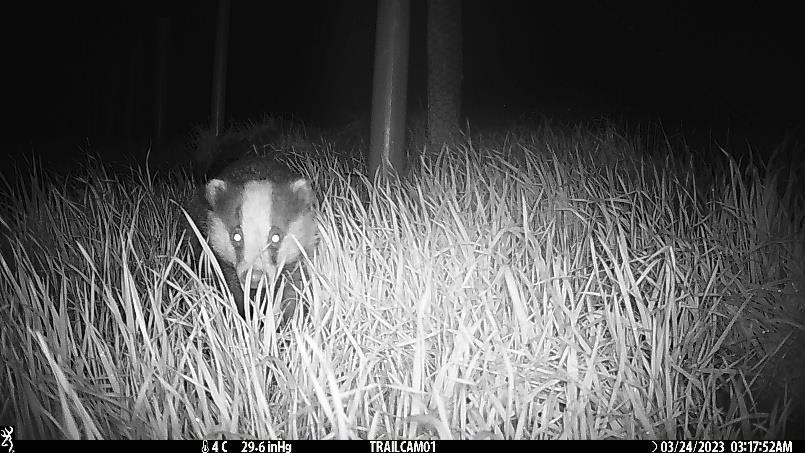
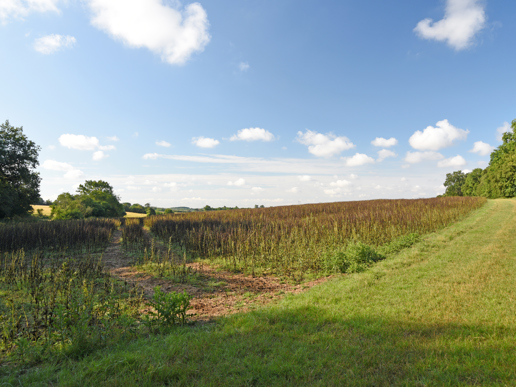
The Story of Wildfell
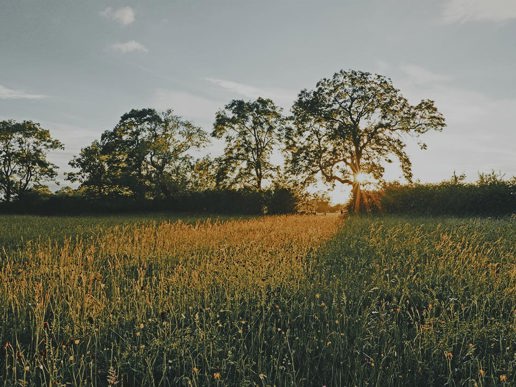
Ground Control at Wildfell
